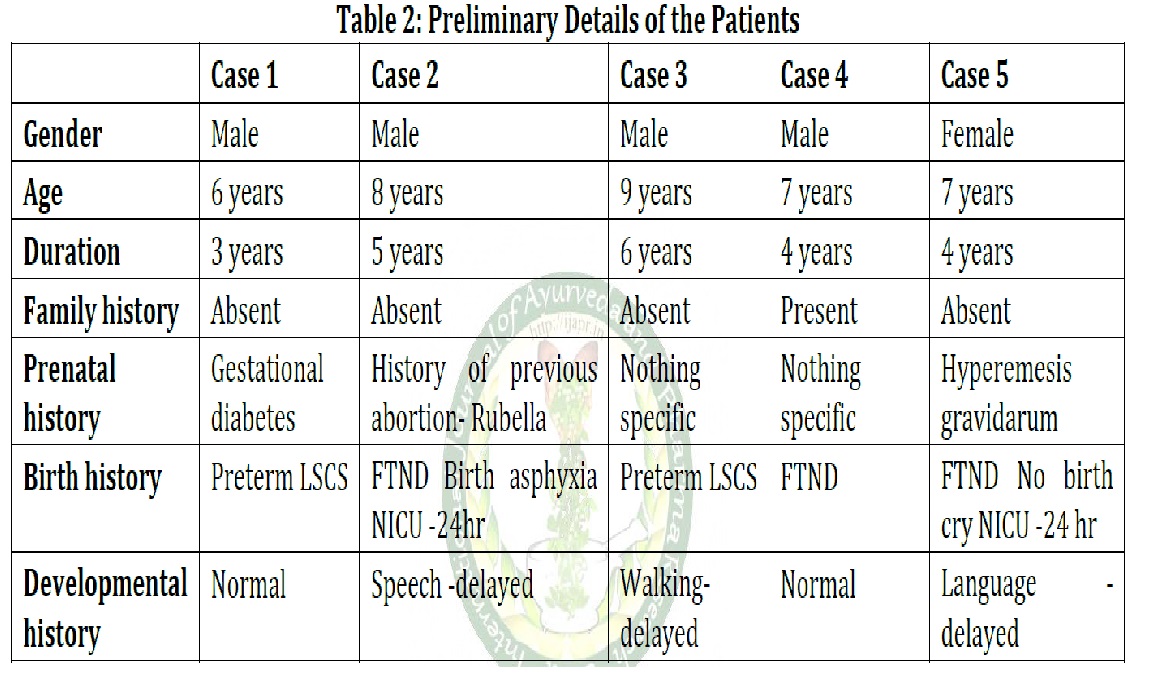Effect of Mahapaishacika Ghrta in the Management of ADHD - Case Series
DOI:
https://doi.org/10.47070/ijapr.v11iSuppl3.2885Keywords:
Attention-Deficit/ Hyperactivity Disorder, Conner’s Revised Rating Scale, Mahapaishacika GhrtaAbstract
Attention-Deficit/Hyperactivity Disorder (ADHD) is the most commonly diagnosed childhood psychiatric disorder. It is a neuro-developmental disorder characterized by problems in paying attention and hyperactivity–impulsivity which is inappropriate for the age of the child. Children with ADHD have been found to have Cognitive deficits, lower IQ, Impaired social relationships with in the family and with peers as well as poor study skills and lower academic achievement. The disease most commonly affects the children of age group 6 to 12. Despite being most commonly studied and diagnosed mental disorder in children, the cause is yet not known in majority cases. W.H.O. (World Health Organization) estimated that it affected 39 million people as of 2013. ADHD prevalence is estimated to be 5% for the Indian pediatric population. 5 to 7% children are getting affected with similar rates in various countries. It is found more commonly in boys than in girls (ratio 3:1). In Ayurveda, disorders related to psychiatric and behavioral disturbances are discussed under the chapter of Unmada. The cardinal features of ADHD resemble features of Vata-pitta predominant Unmada. This disorder affects mind as well as body because of having Adhishṭhana in both Sharīra and Mana. Five diagnosed cases of ADHD from OPD of Manassanthi, Vaidyaratnam P S Varier Ayurveda College, Kottakkal, were given Mahapaishacika Ghrta in a dose of 10ml twice daily 1 hour after food for 1 month period. Severity of symptoms was assessed by using Conner’s Revised Rating Scale on 0th day, 16th day, 31st day and after 15 days. There was a significant improvement in the Conner’s Revised Rating Scale after Ayurvedic management and follow up.
Downloads




